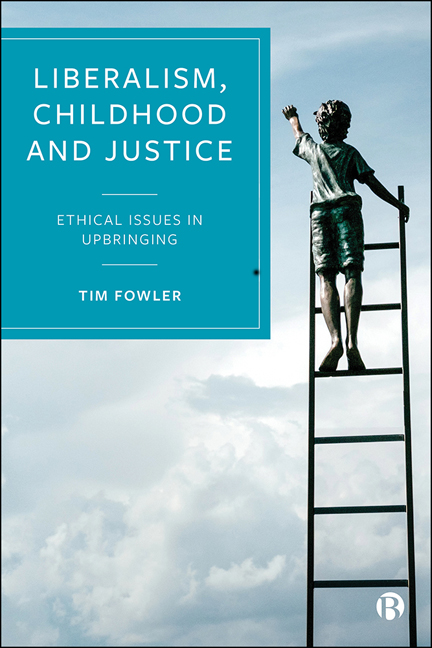1 - The Aims of a Moral Theory
Published online by Cambridge University Press: 25 February 2021
Summary
This book is a work of normative theory – I ask how children ought to be treated, not how they are in fact treated right now. This subject matter implies that most of the book is focused on assessing various arguments of moral philosophy concerning children's rights and duties. The aim of the exercise is to put forward a theory of justice for children that systemizes our moral intuitions across different cases into a coherent whole – a process John Rawls termed reflective equilibrium. The result is an account of how a just society would treat its children.
Before thinking through these substantive arguments, I make two points on methodology. First, that the work is primarily a piece of ideal theory, meaning that the central issue is what a fully just society looks like and especially how such a just society would treat its children. I do not consider, except where relevant, the separate question of how current societies should be changed to become more just, nor do I consider the serious political and social barriers that must be overcome to better achieve my conception of justice. While an ideal theory is necessarily incomplete, in this chapter I explain the vital importance of ideal theory against important objections to this. Secondly, I consider the value of empirical work, particularly from the social sciences, to normative theorizing. I argue that while normative and empirical enquiry are logically separate, there are powerful reasons for political theorists to refer to research in sociology and political science when developing principles, even when working on an ideal theory. In my view, a concept of children's well-being cannot be determined without some discussion of what factors contribute to their development, a partly empirical question.
Ideal theory
An ‘ideal theory’ is one which aims to paint a picture of what a fully just society would look like. It contrasts with a non-ideal theory, which offers practical guidance about what a person should do right now, given their society's situation and political prospects. Rawls suggested that the central way in which theory becomes ‘ideal’ is if it assumes that all citizens will act justly. To illustrate, a socialist ideal theory would imagine a society in which all citizens act according to the laws and moral principles that perfect socialism. The role of the theory is working out what socialism would look like, not what would be the best way to achieve socialism given current concerns.
- Type
- Chapter
- Information
- Liberalism, Childhood and JusticeEthical Issues in Upbringing, pp. 3 - 8Publisher: Bristol University PressPrint publication year: 2020



